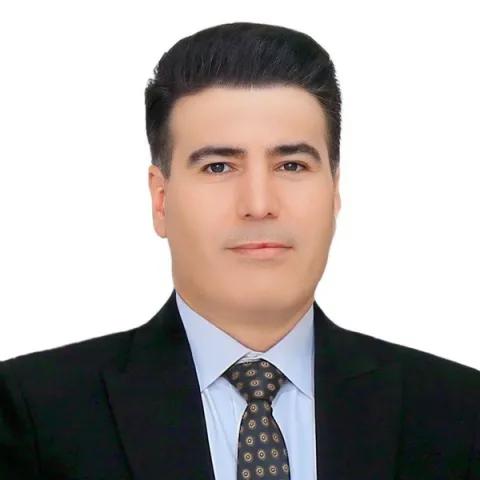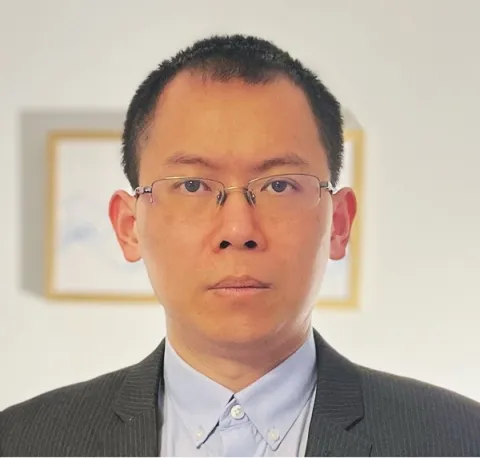About the project
The University of Southampton is expanding its PhD research in the area of Quantum Technology Engineering. In addition to the research project outlined below you will receive substantial training in scientific, technical, and commercial skills.
This research focuses on the development of Nonreciprocal quantum metasurfaces for the next generation of telecommunication systems, merging academic excellence with a strong emphasis on enterprise collaborations.
While static metasurfaces have proven efficient in manipulating electromagnetic waves, they are constrained by inherent reciprocity and fixed time-/frequency-invariant responses. In response to these limitations, our project introduces a groundbreaking approach: active nonreciprocal quantum metasurfaces. These dynamic solutions enable the generation, guidance, and control of quantum states of light.
This breakthrough technology holds immense promise for applications in free-space quantum communication, quantum information processing, quantum computation, and quantum imaging. By providing versatility, reciprocity control, and the ability to translate frequencies for electromagnetic waves, these metasurfaces have the potential to revolutionize the field of telecommunications.
A distinctive feature of this project is its strategic design to foster robust industrial collaborations. By actively seeking partnerships with industry leaders, we aim to drive enterprise efforts and create opportunities for spinouts and commercialization. This collaborative approach ensures that the research outcomes are not only academically significant but also commercially viable, contributing to the broader technological landscape.
The project employs innovative techniques such as:
- spatiotemporal decomposition
- quantum scattering and diffraction
- digital coding
- nonreciprocal transmission
- pure frequency conversion
- parametric wave amplification
- multifunctional operations
These techniques form the basis for pushing the boundaries of light manipulation, opening new avenues for the development of advanced telecommunication systems.
In summary, this transformative project stands at the forefront of research in nonreciprocal quantum metasurfaces, aiming to redefine the possibilities in telecommunications. Through a combination of academic rigor and strategic industry collaborations, we aspire to not only advance the scientific understanding of quantum metasurfaces but also pave the way for practical applications that will shape the future of telecommunication systems.

